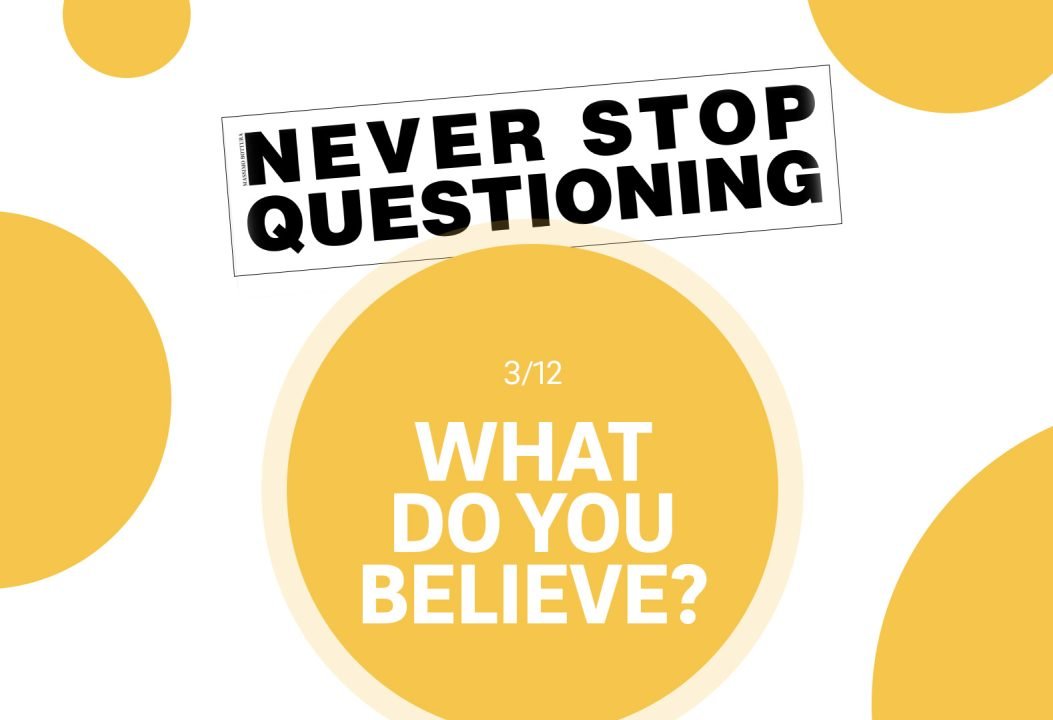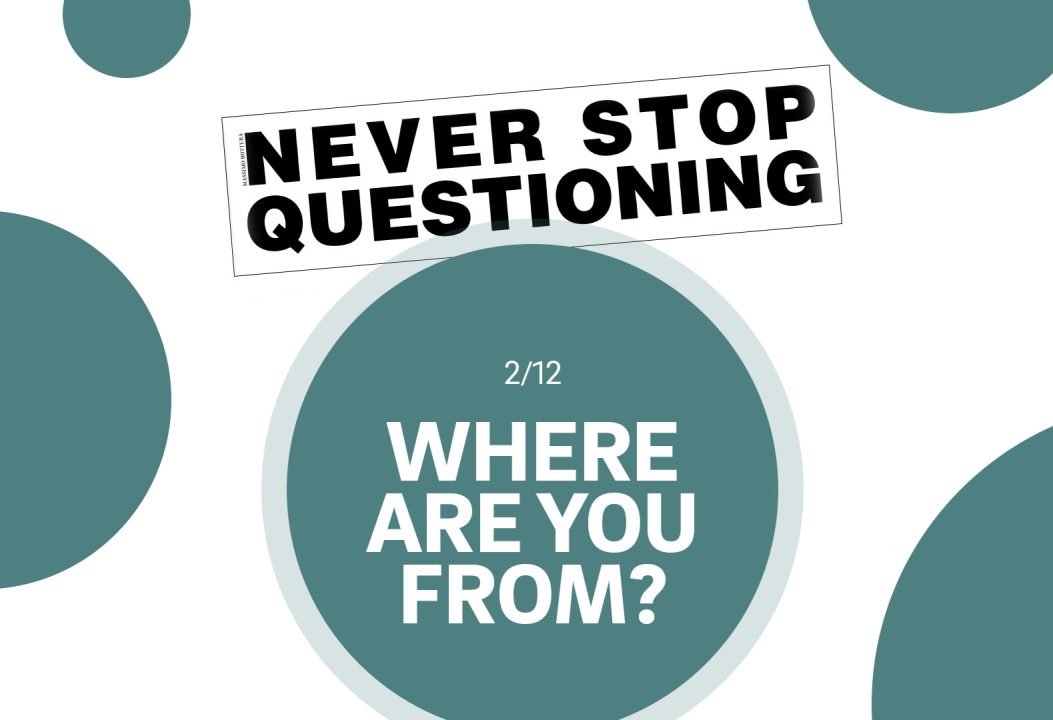Food for soul uses cookies strictly necessary for the proper functioning of the website, for its legitimate interest to enhance your online experience and to enable or facilitate communication by electronic means. To learn more about cookies please see our Cookie Policy
- About Us
- News and Stories
- News
- The Power of Participation
The Power of Participation
After sharing his energy and positivity with the staff and volunteers of the Social Tables Ghirlandina, Andrea - one of the young chefs at Fondazione Auxilium, our partner organization in Modena - has come to the end of his adventure with us. Before we wish him good luck and farewell, he has taken the time to tell us how a great sense of participation can spring even from the smallest initiative.

Credits: Food for Soul
Andrea, a young assistant chef, talks to us about Social Tables Ghirlandina with the positivity and energy typical of a 22 year old. In his eyes, the dining room is not just a place that serves meals, it is a model that can be seen as an example for the whole society. Social Tables Ghirlandina is a seed that Food for Soul planted in Modena almost 3 years ago, positively impacting all those who have been involved in their various capacities.
How did your passion for this sector come about?
It’s not very original, but my passion for food came from my grandmother, a real Modenese ‘rezdora’ who passed on her great love for cooking to me. One thing she did, always amazed me: she cooked food for people to share after prayers. At the end of the prayer, people paused to eat the sweets that she’d made, sharing a moment of intimacy. This has always inspired me, it made me want to try my best, and eventually brought me towards the world of food.
How has your experience here changed your perspective on food?
I like to think that the food we produce is a product of a transformation. I like to think that what is usually considered to be waste is not waste at all, and that instead it represents potential nourishment for those who need it. The soup kitchen, in the common sense of the word, is perceived as serving low quality food compared to restaurants which have a more prestigious image, even if this is just a facade. In soup kitchens, optimising resources is fundamental, and so, therefore is the use of ingredients that would normally be wasted. People are often scared of using food waste because they don’t know how to, but at Ghirlandina, we see it as an opportunity to test ourselves. What makes a real cook is the creativity, knowing how to dream beyond what you have in front of you, even without exceptional produce.
What do you think restaurants can do to reduce their food waste?
It needs to start from education – in the training period in the kitchen. Not just teaching young chefs techniques, but also how high-quality food can be made from ingredients that some might waste. Every chef should teach this to their own team.
From what you have seen, what is the social role of a soup kitchen? How are guests encouraged to communicate?
I believe that Refettorios are wonderful things: on one hand they allow you to serve those who are less fortunate, and on the other they teach us the importance of imposing and enforcing rules, especially from a social point of view. For example if a guest arrives late, it should be noted and they should be urged to be punctual the next time. The Refettorios can be a powerful social vehicle, especially if you identify fixed rules to be respected by all. There must be a unity of purpose, and only then is it possible to create a model. It is as if by establishing Social Tables Ghirlandina, Food for Soul planted a seed. The desire to make people feel at home affects not only guests who benefit from it but, indirectly, also all those who revolve around it. Just think of the huge number of volunteers. This is the real strength of this project and I think it is enough to consider it a great victory.
Tell us about a moment with a Guest Chef that stands out for you.
I have always liked working with the guys from Osteria del Cappello, Marco and Marco. As well as professionalism, they have the desire, madness and determination, the fervour that creates a good atmosphere. Once, before starting service, they said to me ‘if there’s nothing, we’ll work with nothing. Regardless, we want to work and share what we know, to put our skills to use’. If you add that to the fact that they are young, competent and open…they have been a great stimulus. I think the beauty of Food for Soul is exactly that: the people who, as well as participating in the project, manage to convey to others this desire to do something for free, who are able to inspire those around them.
Tell us about a moment with a volunteer that stands out for you.
Rather than a single moment, I like to remember the beauty of sharing dinner at the end of every service with all the volunteers. It’s a meeting with people I don’t know, but even if we meet for the first time during dinner, I discover their story. This happened at one of the last dinners; the volunteer I am referring to is a dentist – the beauty was that I didn’t know him at all, but we immediately started talking and after a little while, we already felt a trust for one another because we had shared the experience of that evening’s service. It was nice.
Tell us about an important moment you have had with a guest.
I remember that once Massimo Bottura came in during a service to wish our guests Happy Christmas, and one man said to him ‘We can’t wait for Monday so that we can come back here and feel at home again’. This has stayed in my mind, in some way he was saying that for him, his feast day isn’t Sunday, it’s Monday. Isn’t that extraordinary?


News and Stories
Your Gift Will Help Us Make A Difference Today
Would you help us create a socially inclusive world where no food is wasted, communities are food sufficient and have the tools to thrive?



